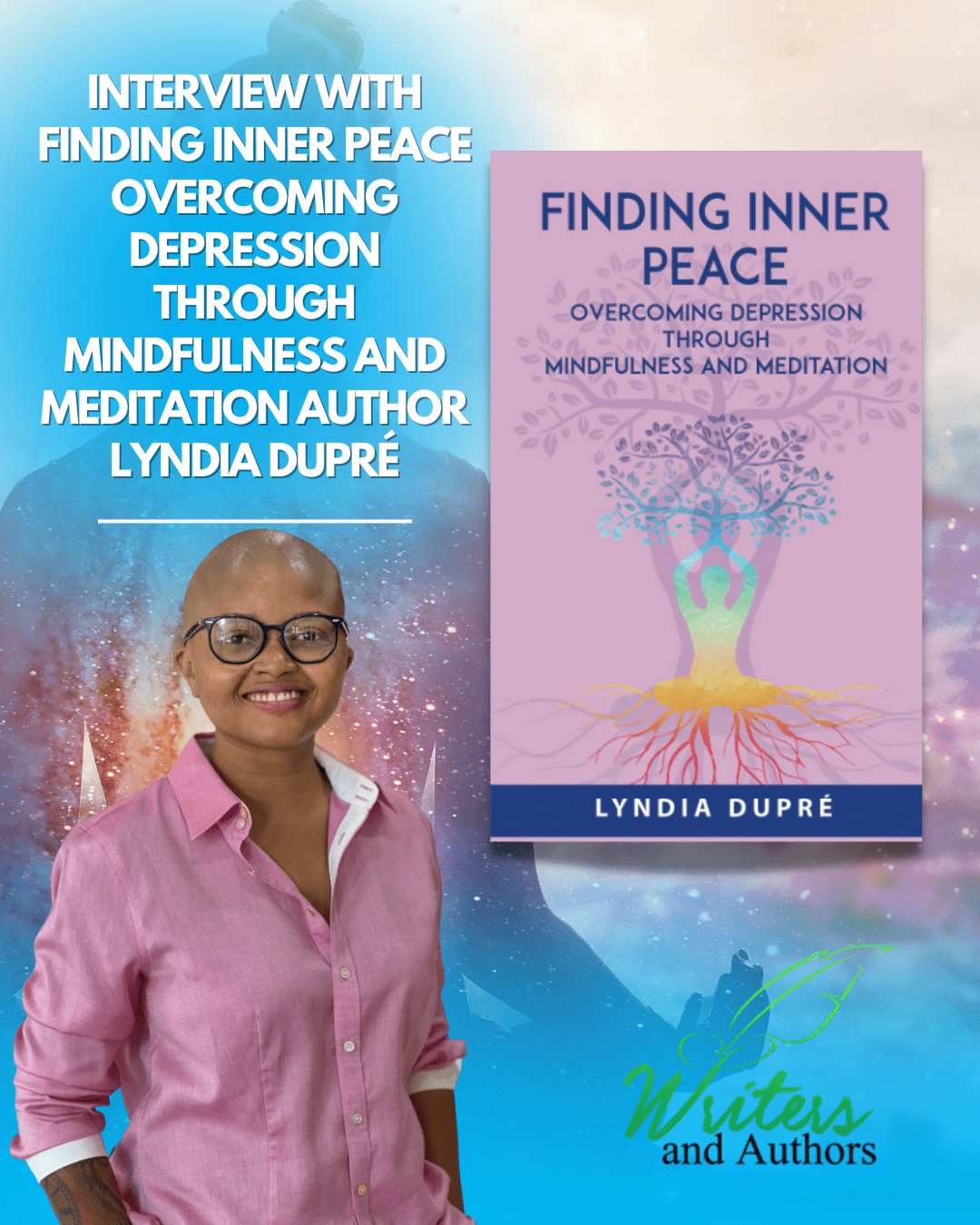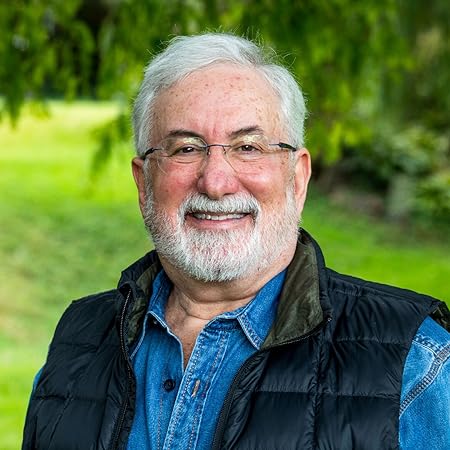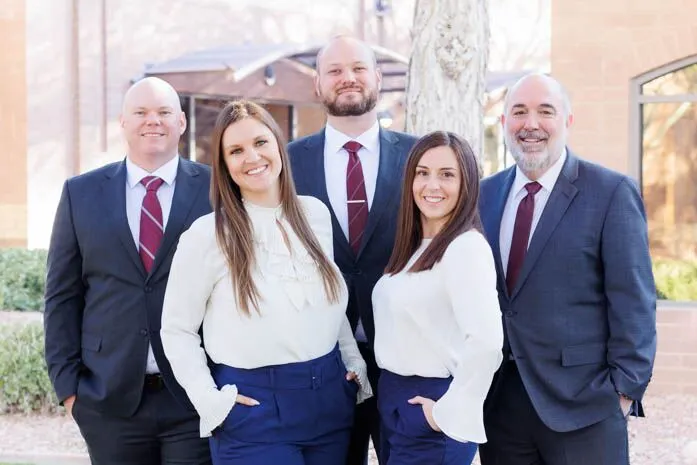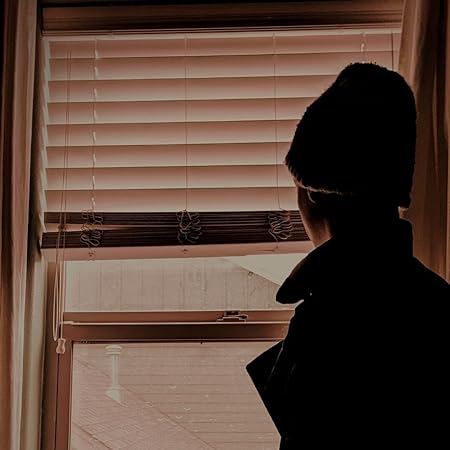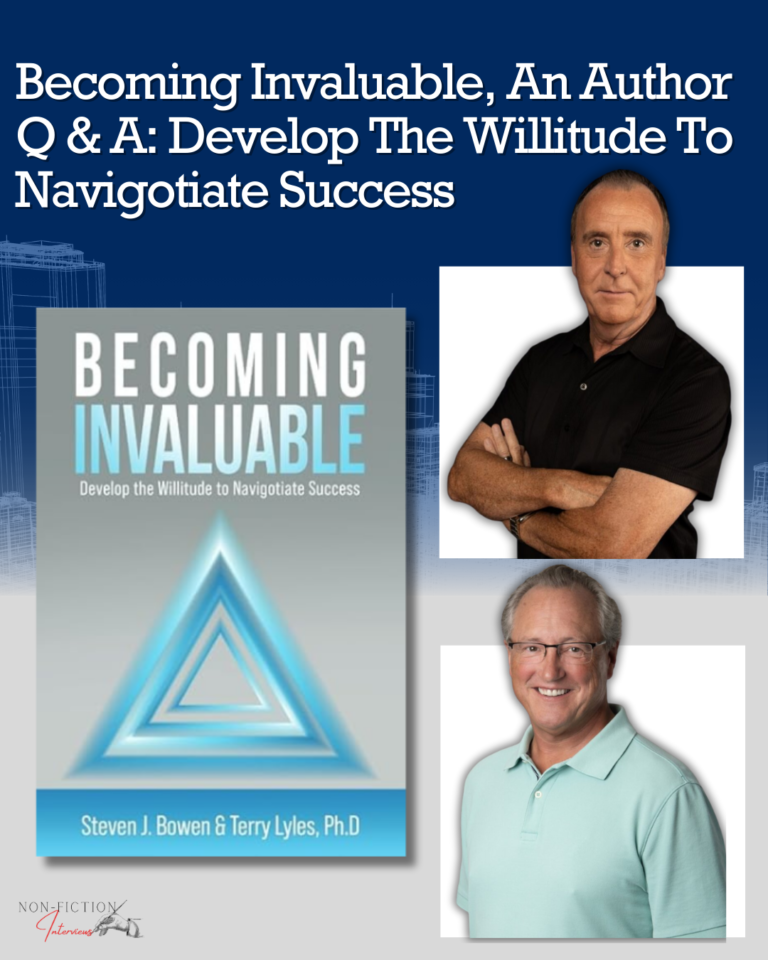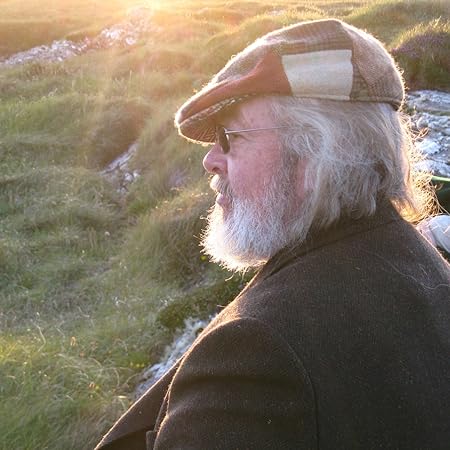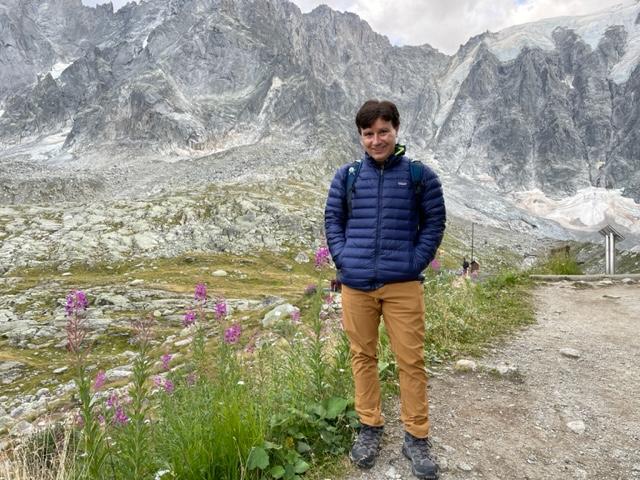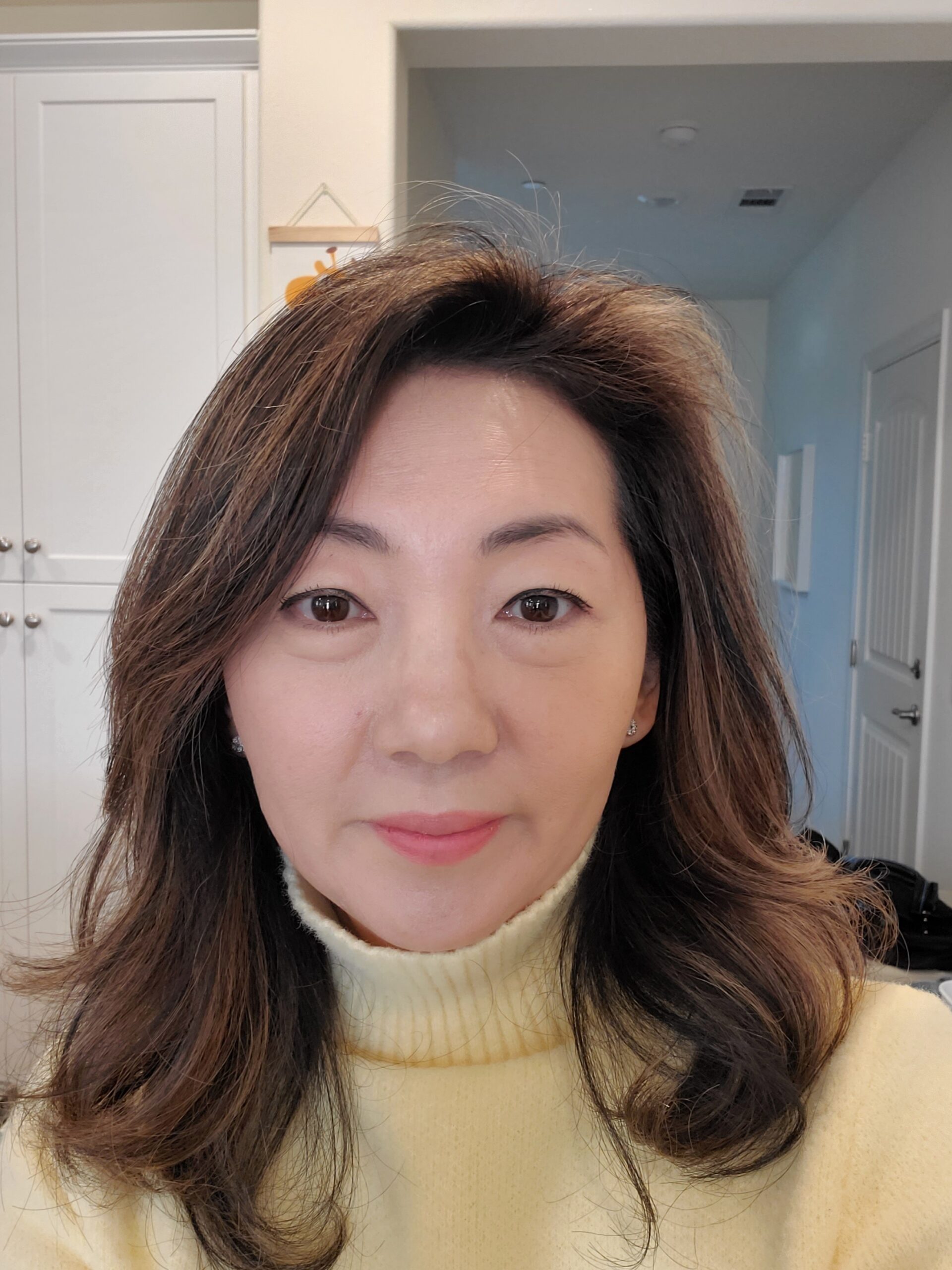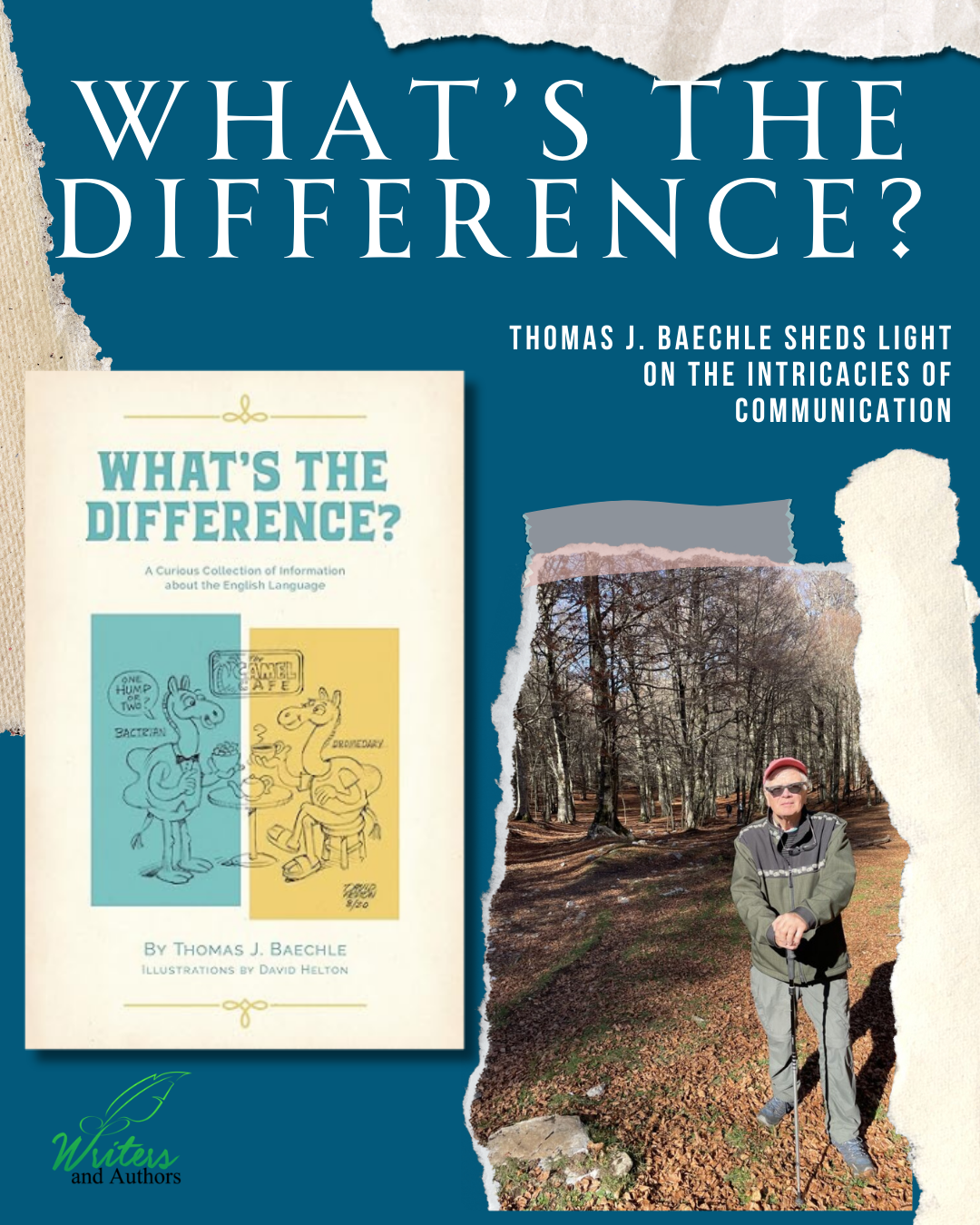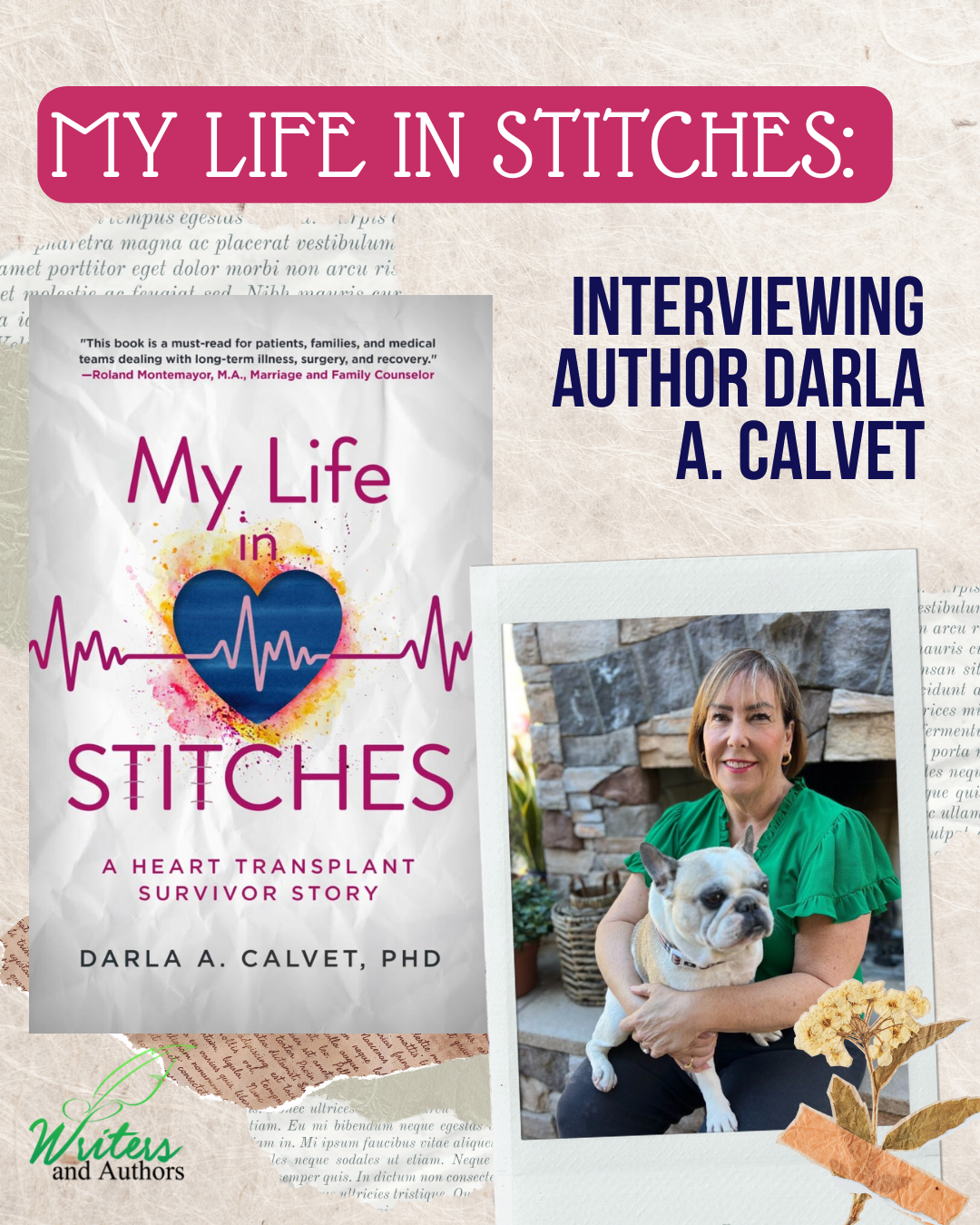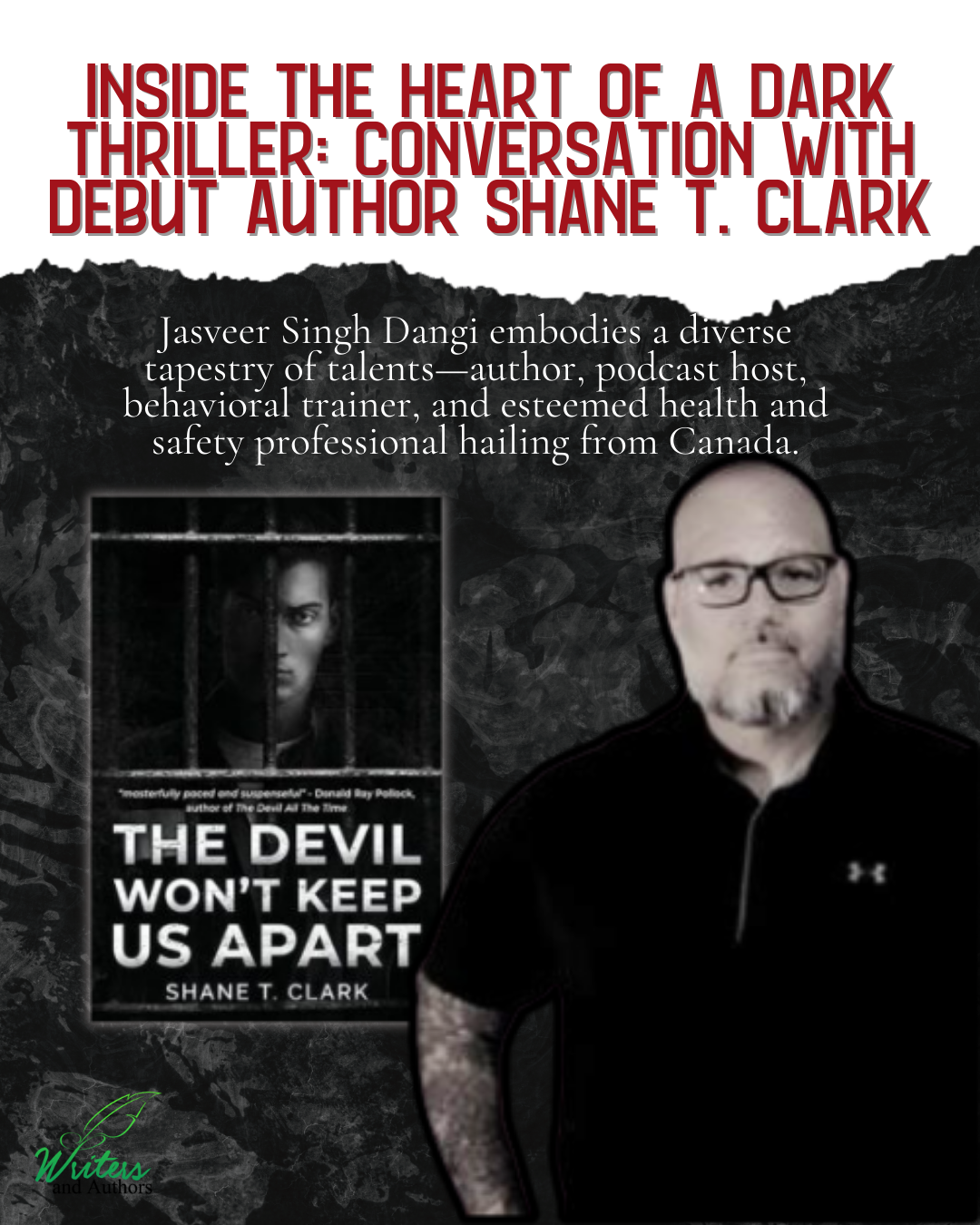In an interview with Lyndia Dupré, author of Finding Inner Peace: Overcoming Depression through Mindfulness and Meditation, she shares her personal journey of overcoming depression and how mindfulness and meditation helped her to gain back control of her life.
Having experienced severe depression for many years, Lyndia knew that something had to change in order for her to find peace within herself. She began researching different methods of healing and found the practice of mindfulness and meditation. As she began this journey, Lyndia discovered that by focusing on the present moment instead of worrying about the future or ruminating on past events, a sense of inner calm was attainable.
Lyndia believes that anyone can learn the techniques she outlines in her book Finding Inner Peace: Overcoming Depression through Mindfulness and Meditation. With practice, she believes it is possible to cultivate a calmer and more peaceful way of living that can lead to greater joy and happiness in life. Lyndia also shared her thoughts on how mindfulness and meditation can be used for managing stress, finding inner strength, developing self-love, and much more.
For those looking for ways to heal from depression or just needing some extra peace in their lives, Lyndia Dupré’s book Finding Inner Peace: Overcoming Depression through Mindfulness and Meditation provides helpful insight into the power of mindfulness and meditation as a healing tool. By utilizing the techniques outlined in this book, anyone can learn how to achieve greater mental wellbeing and find lasting inner peace.
Interested readers can purchase Lyndia’s book on Amazon here: https://amzn.to/41ocu8j You can learn more about Lyndia Dupré on her website lyndiadupre.com
 Can you tell us about your personal experience with depression and how it led you to become an advocate for mindfulness and meditation?
Can you tell us about your personal experience with depression and how it led you to become an advocate for mindfulness and meditation?
Before I was 30 years old I had almost a whole young Haitian dreamed, a well-paying job, I lived in a small cottage in the mountains, a new car, dogs, a pretty partner and friends yet I had suicidal desires, when I drove I always saw myself crashing the car and all my friends with yet I was the most comical, the most fun and the one who gave advice . In 2021 I began to become very anxious because of kidnapping, insecurity, I spent more time at home, I was more interested in going to work I took a lot of weight and took a lot more drugs. March 06, 2022, I opened a bar in the mountains and that day I wanted to commit suicide too. I asked for help from a Facebook friend who referred me to a friend, I followed these tips but what really helped me was when I discovered meditation, mindfulness in my research, and I began to take a step back from everyone and I had just had an experience where I lost everything I had, I had just had a new job I spent the night at the office because I had no place to sleep And I told myself that I no longer wanted this life, I left work, I cut the link with all my friends who took drugs with me, and I focused on myself, I meditated every day I became more organized, I wanted to lose weight, I got there, I learned 2 new languages Arabic and Russian, I managed to balance my chakras and I now lead a healthy life I want people to understand that mindfulness and meditation can really help them quit bad habits and have a healthy life.
How do you incorporate mindfulness and meditation into your daily routine, and how has it helped you maintain your mental health?
I wake up every morning between 3 am and 5 am, my first gesture is gratitude, I meditate, I repeat my affirmations and I listen to music with sound frequencies made for meditation, I eat once a day or twice a day my first meal will be at noon, I drink tea and water in the morning, and I get there because my mind is programmed as such, meditation brings a lot of discipline to achieve your goals, you are calm, before I would never be able to eat twice a day I thought I would starve.. I manage to achieve my goals and that’s why I meditate every day, I don’t need to do it in my room, I meditate while walking with my dogs, I meditate by walking barefoot on the grass.
What inspired you to write the book “Finding Inner Peace: Overcome Depression with Mindfulness and Meditation”?
When you look at the world, war, homophobia, violence, racism, inflation, global warming etc… those who can understand will understand that many people suffer from anxiety and depression but they are not aware, I wanted people and especially young people to understand what they are about and how to defeat it. So I told myself that I will do research that I will implement with my experiences to write a book on it.
How can mindfulness and meditation help people overcome depression?
Mindfulness acts at the pre-reflective level. The idea is not to eliminate symptoms through tools acting on the content of thoughts, as advocated by the cognitive-behavioral approach. The idea is to change our attitude towards symptoms. When we face a situation that generates anxiety, pain,, we all usually have two types of automatic attitudes: either try to avoid suffering or try to control it. And this can cause a relapse for us who have already suffered from depression. So we do it by developing meditative practices applied to clinical problems. They are nothing more than a training of the mind to intentionally
focus attention on painful sensations with kindness and curiosity. We do not remove pain, our emotions, but we learn to evaluate the natural wandering of the mind, thus reducing automatic reactions so as not to add suffering to suffering. In other words, it is not yet another curative method, but participatory medicine, in which the patient changes his own attitude.It is used to prevent relapse. Depression is a recurrent disease. After two or three depressive episodes, it triggers almost automatically. A major stressor – such as bad news, job loss, bereavement, separation – is no longer even necessary to fall back into depression. A minor event may be enough, sometimes even a slight and transient drop in mood. It is in the face of this automatism that mindfulness is useful. Rather than fighting depression by ruminant to chase it away, the patient learns to adopt a paradoxical attitude: to welcome this phenomenon with the conviction that panta rei, everything passes, including sadness or pain. This concept is close to Buddhist psychology.
Can you share any personal experiences of using mindfulness and meditation to overcome depression?
During my retirement on social networks and that I avoided talking with everyone, one of my former friends with whom I used to take drugs, months before had told me that she had suicidal thoughts and I referred her to a professional, but during my healing period she wrote to me I no longer responded to people’s messages I was disconnected on the networks and one day I learned that she made people believe I was died and she was saying RIP to me and later she explained it was my idea. It was enough for a relapse but I remained calm I did not even make a post to say what was true or false I meditated, I focused on my emotions not to control them but to accept them and let them pass, before I could write to her and make stupid posts also that would be toxic to my mental health with meditation and mindfulness we understand our emotions and we become wiser.
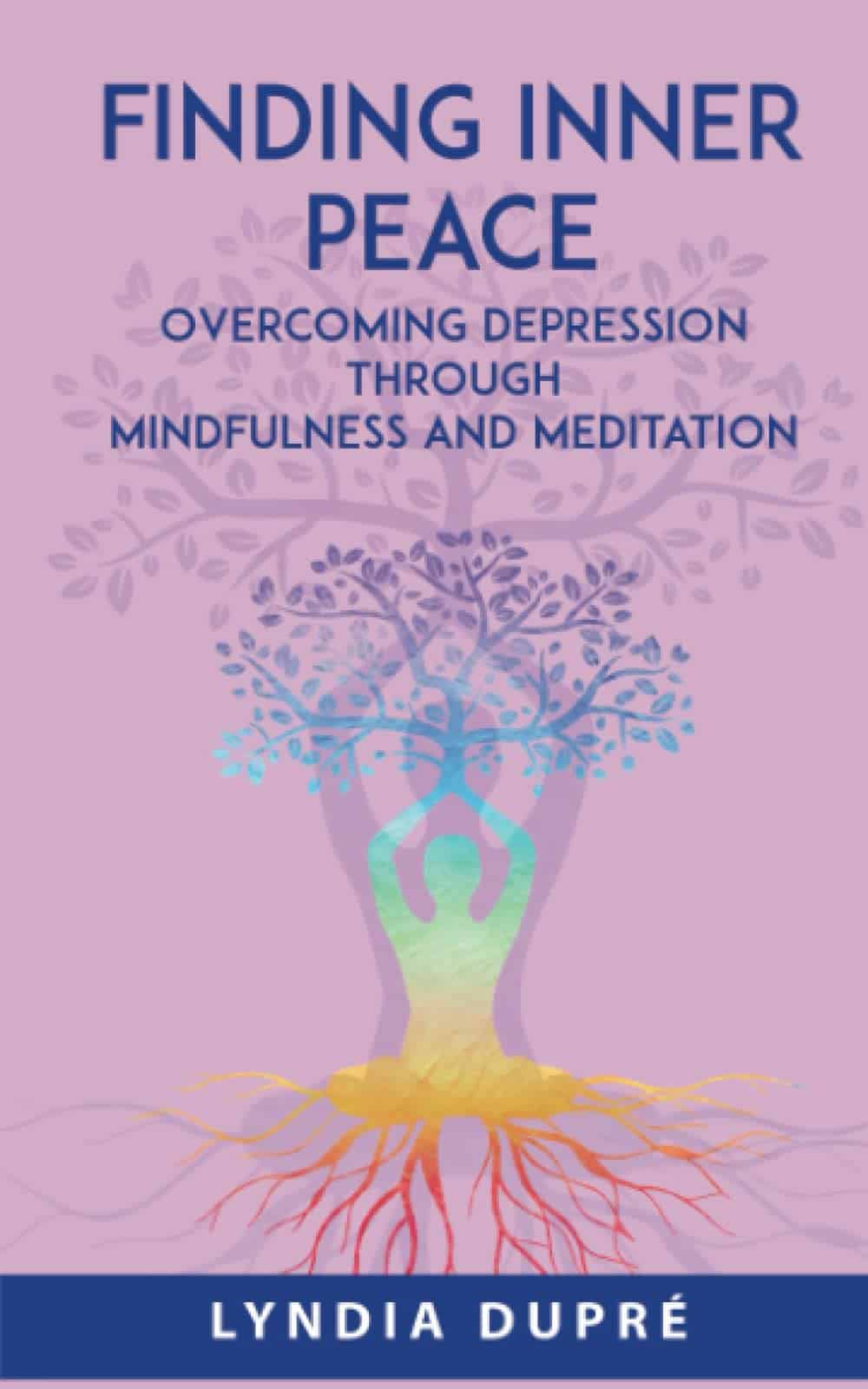 How can someone who is new to mindfulness and meditation get started?
How can someone who is new to mindfulness and meditation get started?
The first thing we must have in mind is that Full Consciousness is the consciousness that manifests itself when we pay attention intentionally and in a non-judgering way to the experience of the present moment. Mindfulness is trained through formal meditation and informal practices. Contrary to many preconceived ideas, in meditation it is not a question of not thinking about nothing.Mindfulness meditation consists of keeping your attention in the present moment and observing the weak signals around you. So don’t try to empty your mind. But rather let thoughts, sensations, feelings pass through, without dwelling on them.When you are overwhelmed by emotions, worries, that your brain resumes its usual whirlwind of thoughts:
Don’t judge yourself, don’t feel guilty, it’s quite normal to get carried away by thoughts
Write down these thoughts, mentally put them a “post-it”Let them go,Refocus on the present moment,Pay attention to a detail (your breathing, your body, a regular noise) to help you refocus your attention in the present. At first, you will often let yourself be carried away by your thoughts. But don’t be discouraged. As you go along, you will be able to fix your attention better and better.It is recommended to start 10 minutes a day. Purchase FINDING INNER PEACE – Overcome Depression with Mindfulness and Meditation on Amazon
What are some common misconceptions about mindfulness and meditation that you’ve encountered?
”Meditation removes your thoughts”
Most people imagine that they will suppress their thoughts, by meditating. But you can’t suppress your thoughts. On the other hand, meditation helps you not to let yourself be embarked on thoughts that are not useful to you.Meditation consists not in trying to suppress thoughts, but in seeing their incessant flow. And to choose the ones we want to feed, and the ones we decide to give up.
“Meditation removes stress”
In fact, stress cannot be removed. We will always have stressful events in our lives, even if we meditate. We can have financial worries, have debts, receive bad news.Meditation allows us not to add distressing thoughts to these stressful events, not to fall into negative ideas, but to take a step back. If you practice regularly, you will find, over time, that you no longer feed ruminant thoughts.Stressful events will always be there, but we will no longer understand them in the same way.
How do you approach educating and spreading awareness about mindfulness and meditation to the public?
Especially for the Haitian public, especially for young people, I am looking for funding to donate my book to schools so that young people can have access to my book in their library, and I am working on the creation of a digital platform that will contain topics, testimonials, advice on mental health.
How can organizations and institutions incorporate mindfulness and meditation into their programs to better support the mental health of their employees or members?
Many companies (Google, General Electric, Intel, Mercedes, Jaguar, Novartis, Orange, SNCF, RATP, L’Oréal, Sodexo, HSBC, Natixis, Schneider Electric) now offer their employees mindfulness training.It is important to integrate mindfulness into work, because often employers are less productive, less creative and disinterested, it is not because of their salary but rather because of their mental health due to the stress of depression. Implementing mindfulness in companies is for the well-being of employees and the progress of your company.
How to practice mindfulness at work?
Working fully consciously means applying the principles of focus and lucidity to everything you do the moment you enter the office. Focus on the task at hand and chase away internal and external distractions as they arise.
Research already carried out on the effectiveness of Mindfulness in professional life has highlighted the following results:
- A significant reduction (71%) in perceived stress *
- A strengthening of resilience and a 50% decrease in the number of sick days**
- Increased concentration capacity (+38%)*
_ A improvement in the ability to remain calm and lucid during periods of stress
- An improvement in human relationships and collective intelligence within teams, felt by 85% of participants in Mindfulness training*
-Better acceptance (+45%) of work situations as well as job satisfaction*
- Increased creativity (+24%)*
-Clearer and more ethical decision-making.
Purchase FINDING INNER PEACE – Overcome Depression with Mindfulness and Meditation on Amazon
Can you tell us about your current work in climate change communication strategy and how it relates to your advocacy for mindfulness and meditation?
According to the Who, the IPCC revealed that the acceleration of climate change is an increasing threat to mental health and psychosocial well-being, resulting in psychological distress, anxiety, depression, grief and suicidal behavior.More than a billion people have mental disorders.
“The consequences of climate change are increasingly present in our daily lives, and people and communities faced with climate hazards and long-term risks have access to very little support in the field of mental health,” said Dr. María Neira, Director of the WHO Department of Environment, Climate Change and Health
The consequences of global warming act on our mental health so the important thing is to inform the public what behaviors and lifestyles they must have to reduce carbon dioxide. And the Caribbean is on red alert yet there in Haiti I can say that 99% of Haitians are not really informed and educated about the situation.For all these reasons I created the company MediaX Caribbean, LLC whose goal is to inform and educate the Caribbean public about global warming. We are looking for financial assistance so that the digital platform is operational in all Caribbean countries in their respective languages.
What other resources would you recommend for someone who wants to learn more about mindfulness and meditation?
Go to YouTube you will find many videos of interesting channels to follow that can help you in your day. Purchase FINDING INNER PEACE – Overcome Depression with Mindfulness and Meditation on Amazon
ABOUT LYNDIA DUPRÉ:
Lyndia Dupré was born in Haiti on March 6, 1992. Entrepreneur, Journalist, Climate Change communication strategist. In her 30-year-old debut, Lyndia understood that she was depressed, it made her distance herself from everyone, she focused on meditation, she learned new languages, and today she is doing her master’s degree in Arts of Social Sciences. Aware that depression, stress and anxiety are much more present in her generation, she wants the public to become aware of what it is and explains how mindfulness and meditation can help them.

